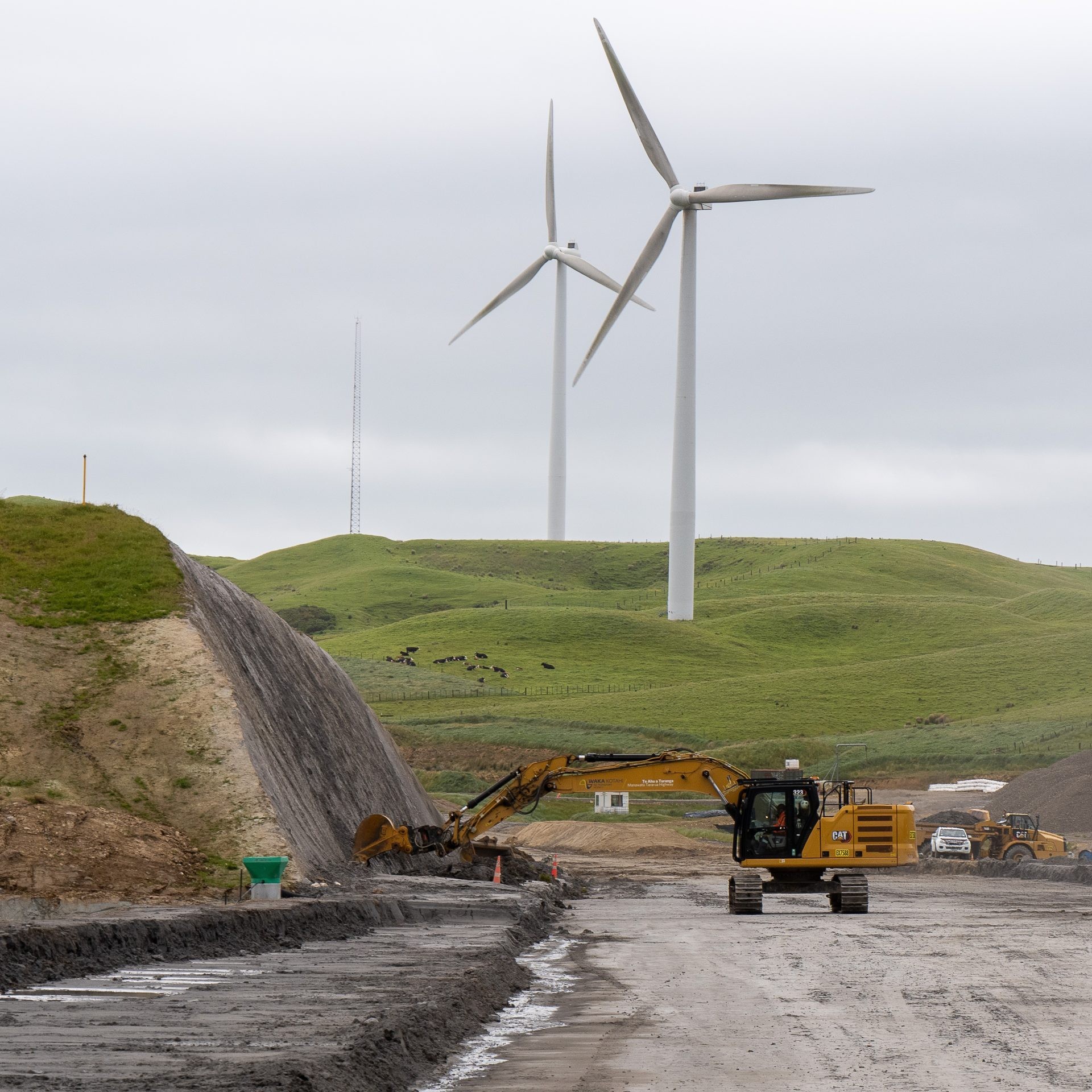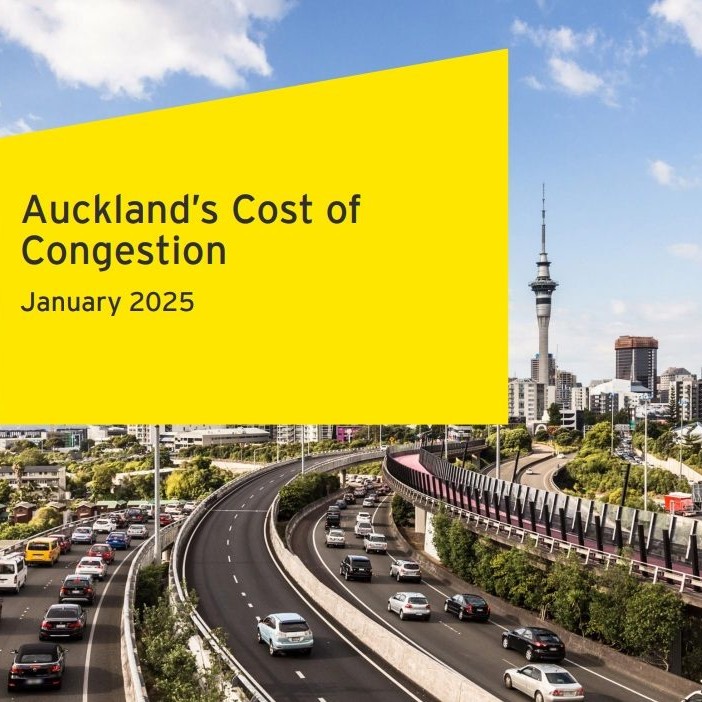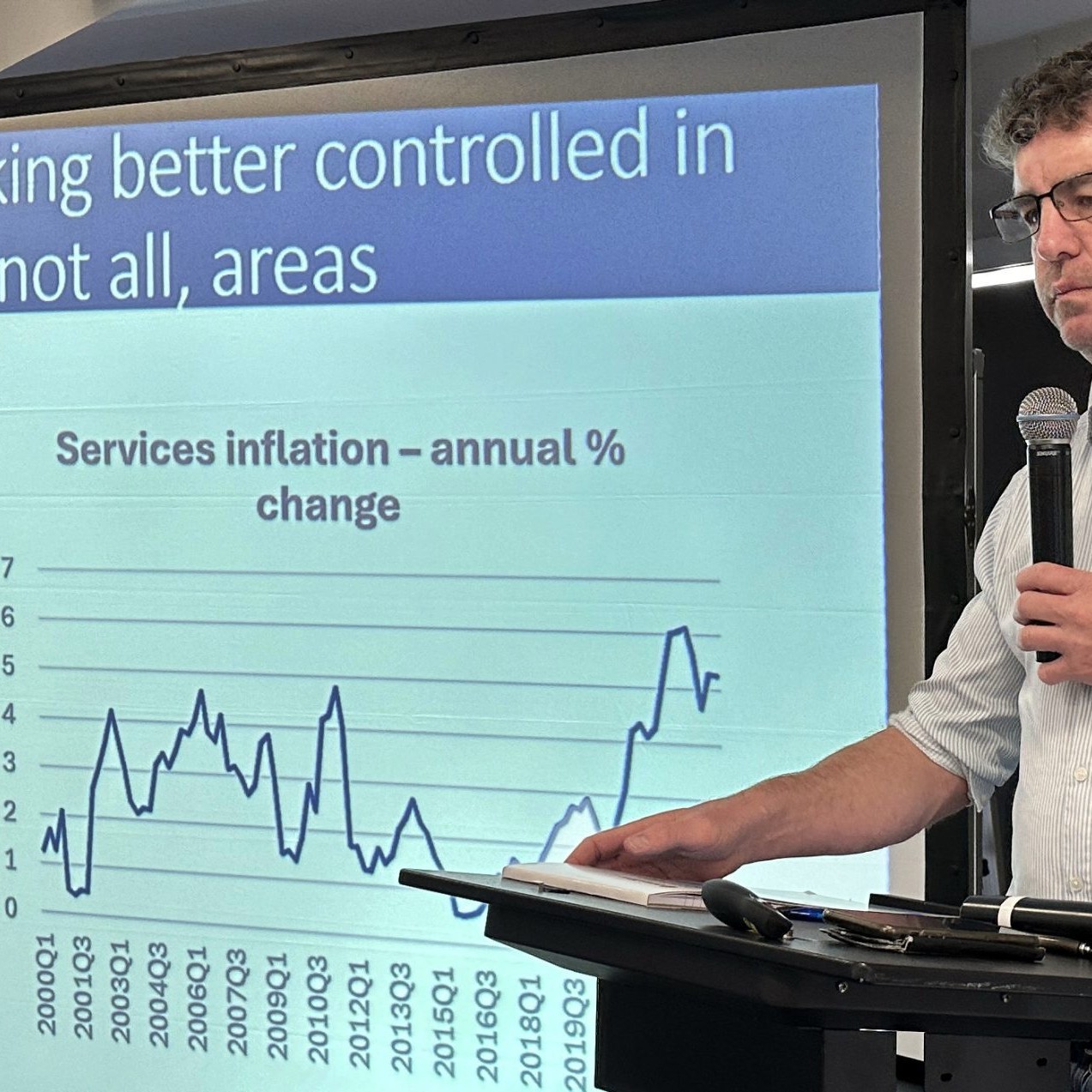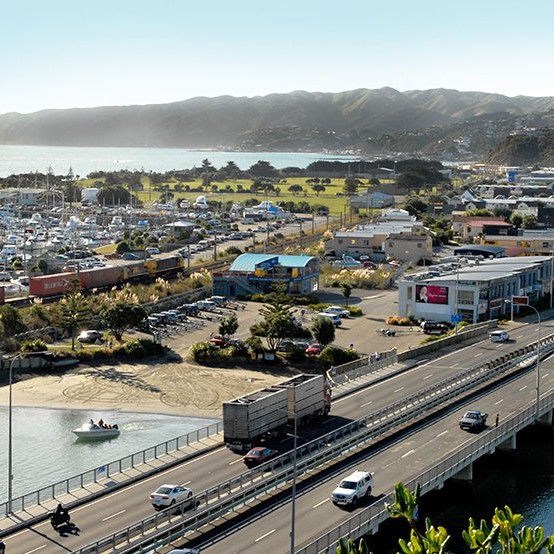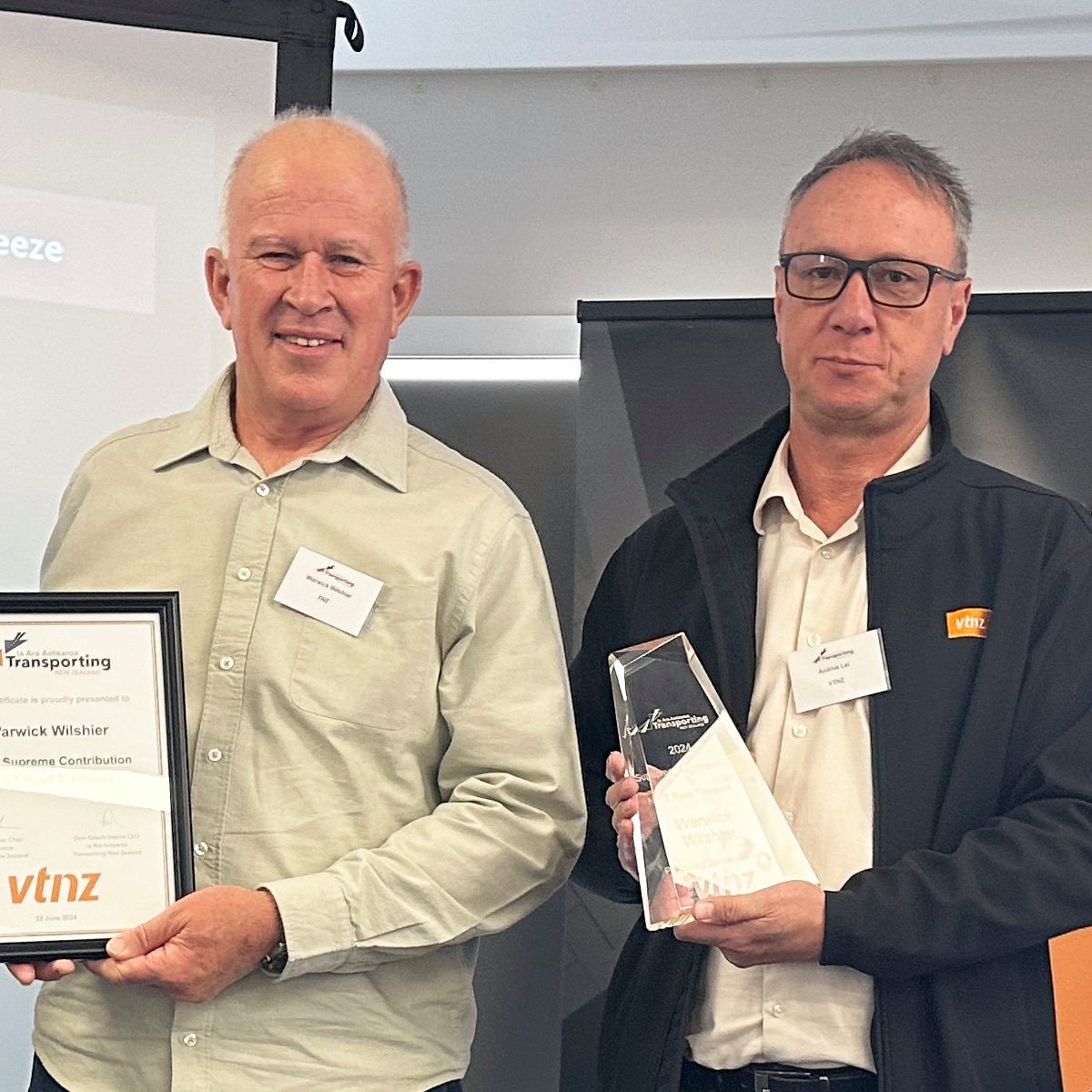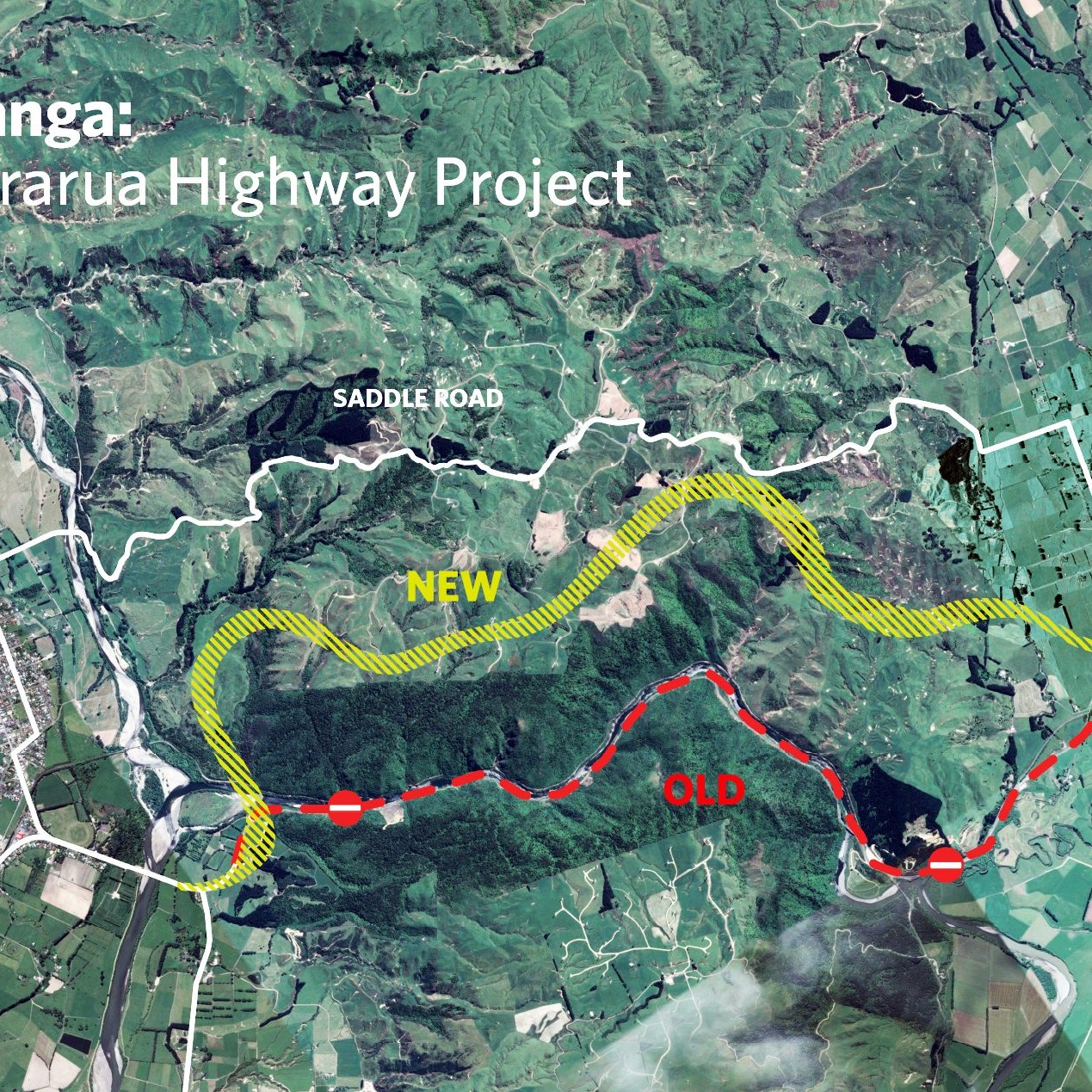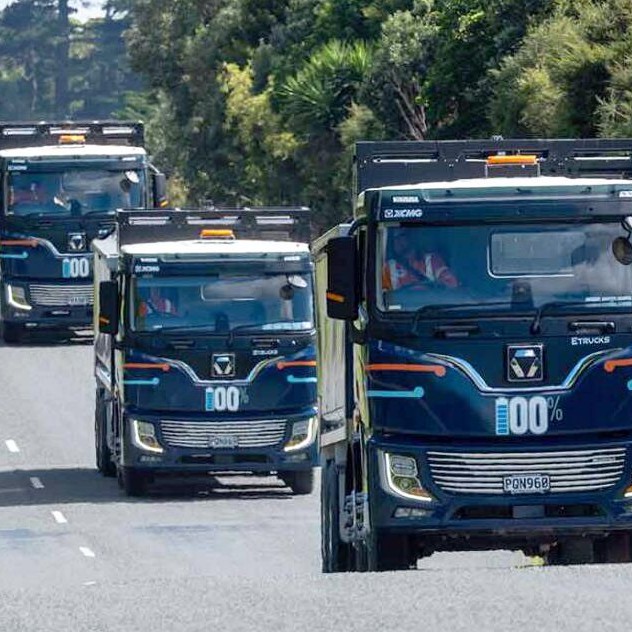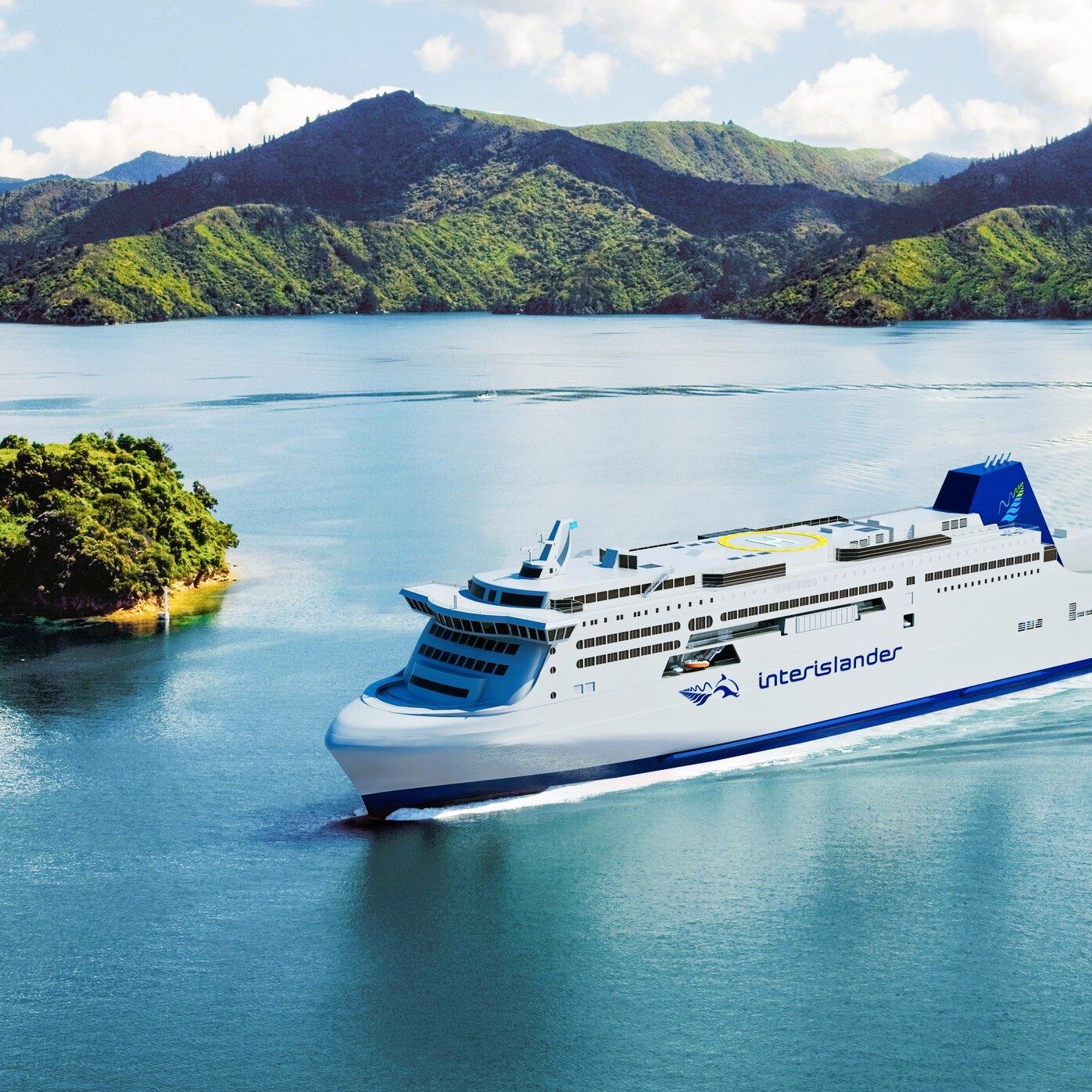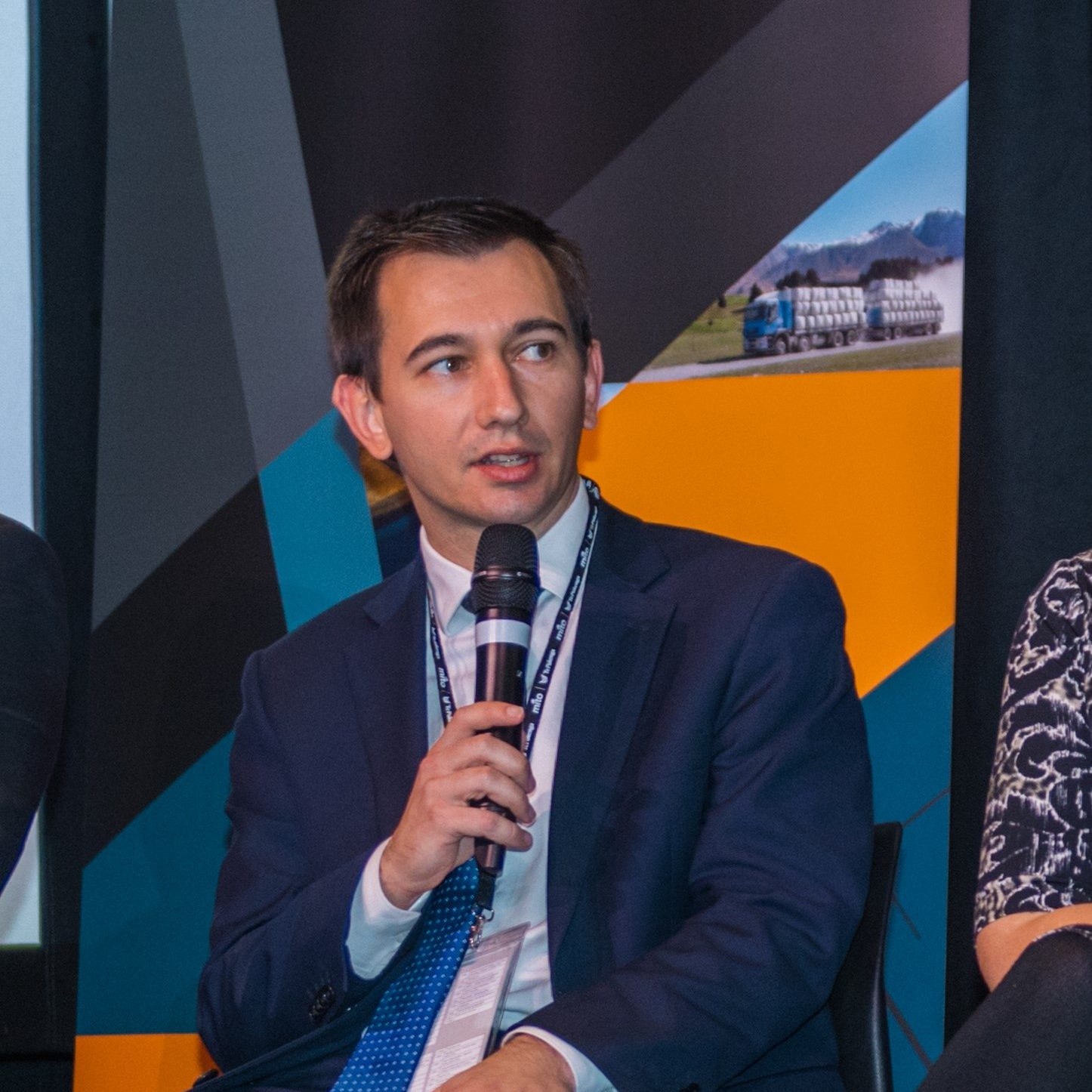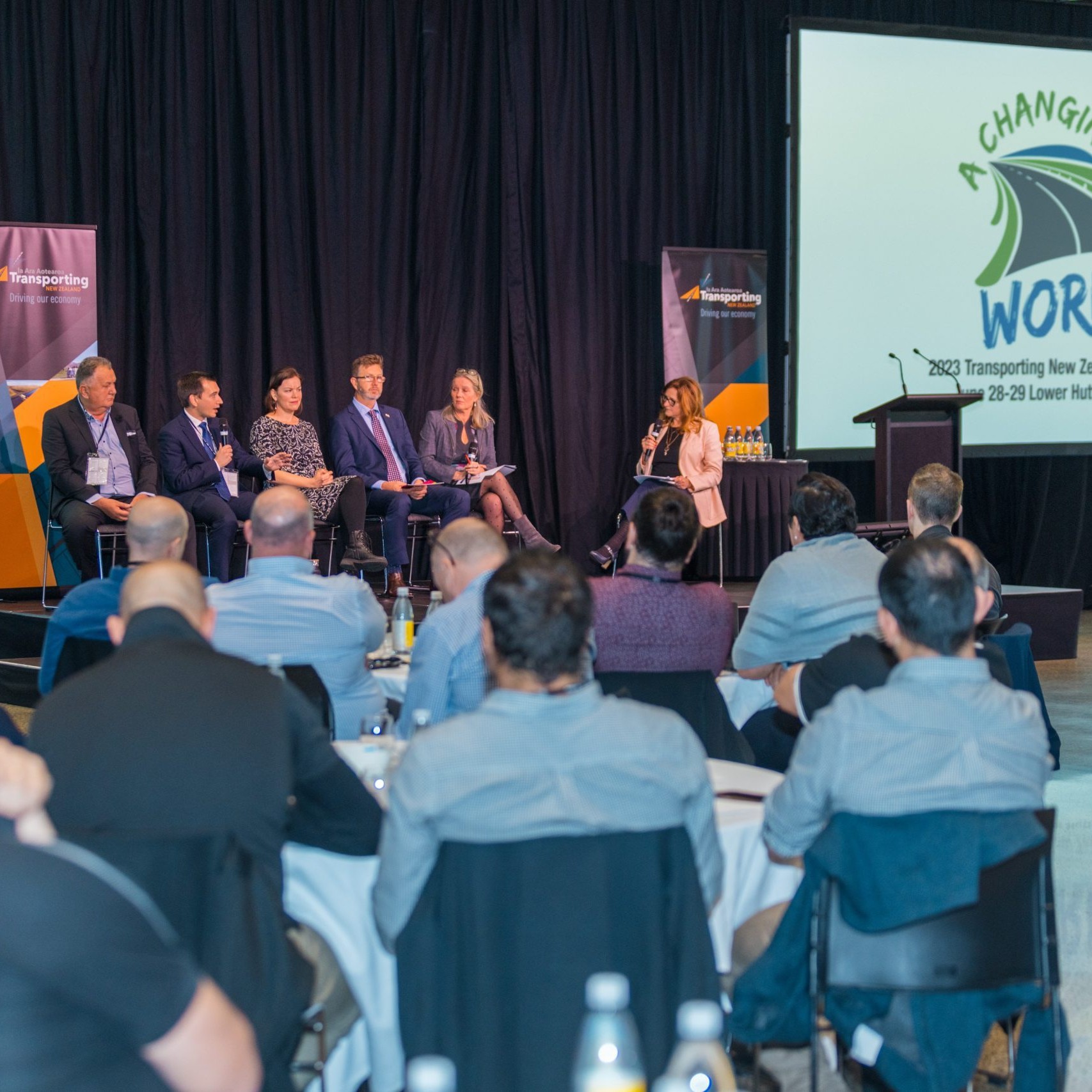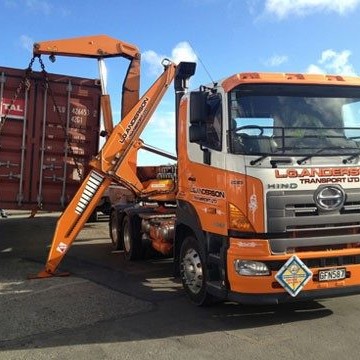
It is good to see more evidence showing the folly of moving freight from Ports of Auckland to Northport, in Northland, Road Transport Forum (RTF) chief executive Nick Leggett says.
Today the National Road Carriers Association released a report Moving the Ports of Auckland: Costs and Challenges for Road Freight prepared by Tony Garnier.
“New Zealand is still feeling the first economic hit of the global pandemic Covid- 19 and there is much more financial pain to come,” Leggett says. “From what we can already see, this tells us that moving freight activities away from Auckland, to Northland, is now unaffordable.
“New Zealand cannot bear the brunt of the huge $10 billion upfront capital cost required to get Northport and its road and rail supply lines up to task, let alone the supply chain disruption and the five-fold increase in road transport costs that will hit the pockets of householders directly.
“All household goods, including groceries, will go up significantly if freight comes into New Zealand some 200km further away from its markets.
“Billions of dollars have been borrowed to prop up our economy through Covid- 19. We can’t just keep adding to that spend. The way the billions are splashed around by politicians, we have devalued these enormous amounts in our minds, along with what they actually mean and represent.
“A billion dollars is 1000 million dollars. New Zealand doesn’t have anything left in the bank to spend on the ultimate pork barrel project that Northport has become.
“What New Zealand does have is a searing debt pressure of some $50 billion that has to be paid back. To do that effectively we have to have two things, first, a productive economy and economic growth and secondly, no more debt to add to the already considerable burden.
“There is no economic case for shifting freight from Auckland to Northland. It will slow down the economy, rather than contribute to any recovery and long-term sustainability and growth.
“The road freight industry is not opposed to moving freight services away from Auckland over time. But that must be based on economic sense, given 80% of freight is distributed to points south of the current port.
“We believe planning and execution must be driven by the experts, that is, the port company itself and its partners.
“Governments should not insert themselves into dictating freight movement or supply chain priorities. We saw during the early response to Covid-19 that this is best left to the experts,” Leggett says.
